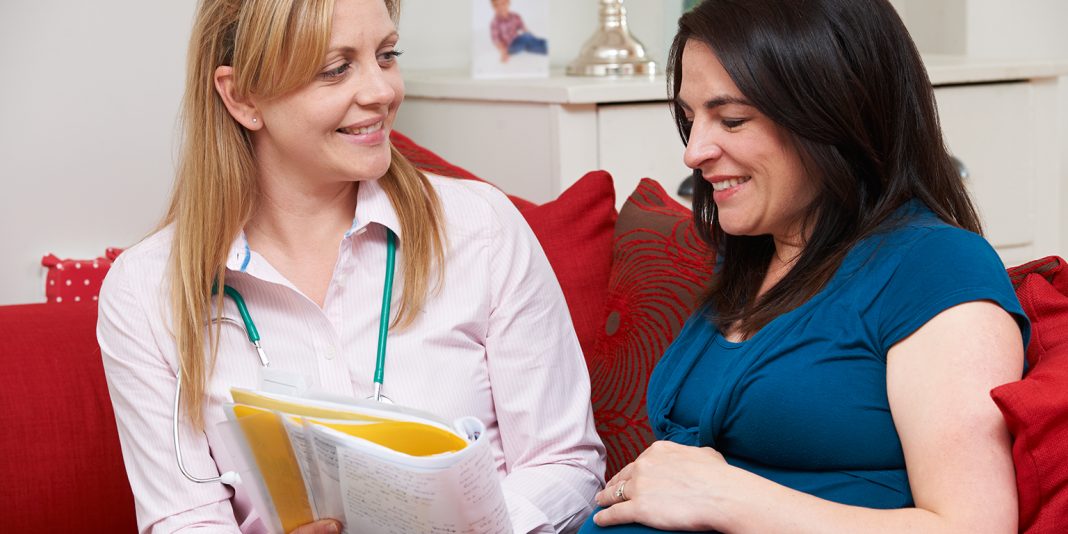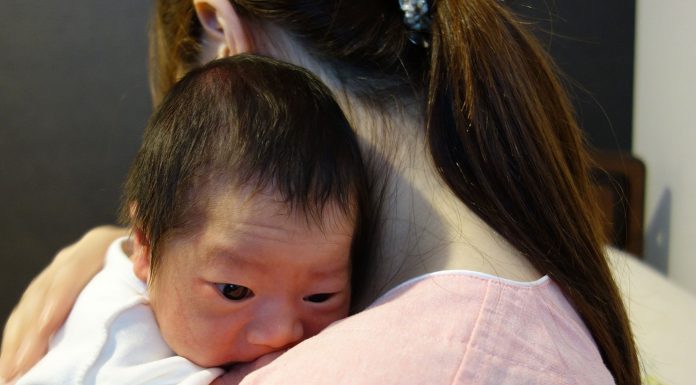NAME: Maria Browne; JOB TITLE: Plunket Nurse; LOCATION: East Christchurch
06:50AM WAKE
I wake ten minutes before my alarm goes off and think through my own and the family’s day in my head. I rise at 7am and knock on the three teenagers’ doors. At least two of them will need another reminder it’s morning in another ten minutes. I grab a quick coffee and toast as I read The Press headlines. We live in Avonside, a badly damaged part of Christchurch, which has implications for the teenagers regarding schools and transport.
08:15AM START WORK
I arrive at work, greet my colleagues and quickly check the messages. I then gather my files for the day, check in with the health worker and check whether there are any new baby referrals.
I’ve been working for Plunket for seven years completing my postgraduate certificate in primary healthcare nursing in 2006 and a health sciences postgraduate diploma this year. During that time, I have worked as a Plunket nurse and also spent several years in a clinical advisor role. I thoroughly enjoy my job and my recent decision to return to frontline care delivery has been primarily led by a desire to support families in the community post-quake plus a drive to begin my journey towards nurse practitioner.
On a daily basis, my colleagues and I drive around badly broken streets, negotiate road works and detours, and see houses we have visited demolished. However, at the same time, new lives are starting in the area and families are moving in with their young families as Christchurch rebuilds. The sense of community is strong, and as a Plunket nurse, I feel privileged to be part of this community.
ON ROAD
Each day is very busy. I mostly visit my clients at home and view being welcomed into families’ homes as a privilege as well as an opportunity to individually plan the level of service and support the family requires.
This morning, I undertake four home visits. The first client I call in to see I met three weeks ago when I enrolled the family with Plunket. This baby is now seven weeks old but was born early at thirty-two weeks and spent several weeks in the neonatal unit. I check in with the mum as to how a referral I made for her has gone, and I watch a feed after weighing the baby. The baby’s latch and milk transfer seem much improved and his growth is well within the expected range. I affirm this fantastic progress and congratulate the mum for her determination to establish and maintain breastfeeding.
The next family I visit is a second visit with a young teenage Afghani mum and her eight-week-old baby. This mum is gaining confidence as her mother, who she lives with, has returned to Afghanistan for three weeks. But she is very relieved to see me, as she is desperate to bath her wee one and doesn’t feel confident enough to do it by herself. I offer for Maree the Plunket kaiawhina to call in the next day to guide her through bathing her son. I also discuss a referral for a BCG vaccine with her and she is positive and receptive to my visit, asking lots of questions.
At the next visit – to the home of a three-month-old and a two-year-old – I am greeted by a tearful, overwhelmed mother. When I undertake the postnatal depression screening, it is clear that the combination of sleep deprivation, a recent breast infection and a two-year-old using new found tantrum skills have taken their toll. We talk, focusing particularly on the supports she has and her experience with postnatal depression with her first baby. She expresses her fear that this depression may be setting in again. As a result, I refer her to her GP for further assessment and to our Plunket postnatal adjustment team for further support.
The final visit for the morning is a WellChild check with a four-month-old who is thriving. I assess his growth and development, affirm the family’s parenting, discuss appropriate timing for the introduction of solids, link them with a new playgroup being set up in the area, support ongoing breastfeeding and provide anticipatory guidance regarding safety.
12:30PM LUNCH
I return to clinic for a much-anticipated cup of coffee and lunch, touch base with colleagues, complete my morning’s documentation, and head out on the road again.
1:00PM ON ROAD AGAIN
My next visit is a new baby case; the family live on a street which is having major repairs. My visit necessitates a five hundred or so metre walk with the scale bag on my back. These initial visits involve gaining a full history of the family health determinants, initiating a therapeutic relationship, assessing the family’s needs, and planning care. I spend a little longer at this household today as this client’s sister is visiting with her two children, who are also clients, so I provide WellChild assessments for them, too.
After this visit, I meet with my clinical leader to review complex high-need cases and collaboratively review my plan of care including preparing a CYF (Child, Youth and Family) request for information.
4:00PM BACK TO OFFICE
I make it back to the clinic by four and complete my paperwork and any necessary referrals, before checking tomorrow’s schedule and initiating a few text reminders. Just as I leave work, I get a text from my son; “just want it noted the mess in the kitchen has nothing to do with me!” – the joys of teenagers.
5:15PM LEAVE WORK
After preparing dinner with my partner and checking in with the kids’ days over dinner, I manage a quick walk around our river loop. Then I spend a little while on the computer sorting PTA emails and also critiquing an article I am preparing for Plunket’s Care Delivery News publication outlining a systematic literature review on screening for family violence. I then blob briefly in front of TV and touch base with my partner as the kids have headed to bed.
11:00PM TIME TO SLEEP






















